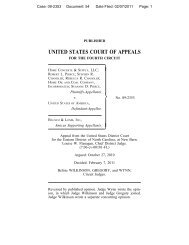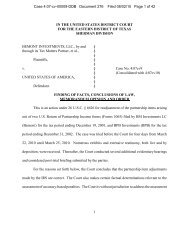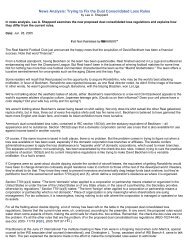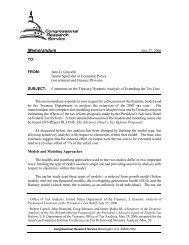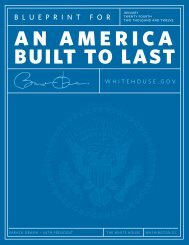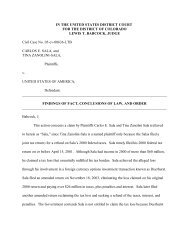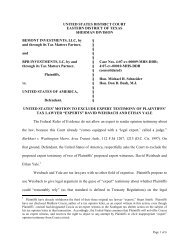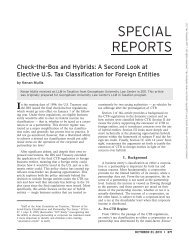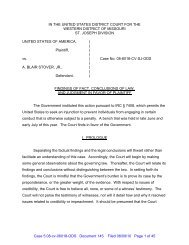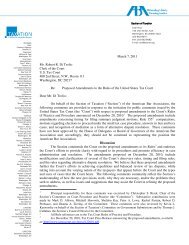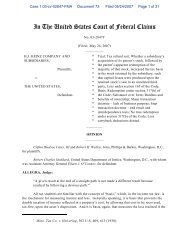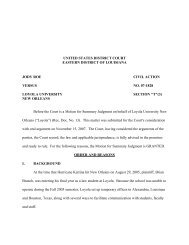1 TESTIMONY OF PROF. EDWARD D. KLEINBARD HEARING ...
1 TESTIMONY OF PROF. EDWARD D. KLEINBARD HEARING ...
1 TESTIMONY OF PROF. EDWARD D. KLEINBARD HEARING ...
- No tags were found...
You also want an ePaper? Increase the reach of your titles
YUMPU automatically turns print PDFs into web optimized ePapers that Google loves.
The Apple hearing generated a great deal of interest around the world. In manycases the lesson drawn from the hearing has taken the form of a general belief that theproblem lies with multinational high-tech and pharmaceutical firms. But it simply is notthe case that stateless income generation is their unique bailiwick. That is the point of mynew paper, Through a Latte, Darkly: Starbucks’ Stateless Income Planning. Starbucksfollows a classic bricks and mortar retail business model, with direct customerinteractions in thousands of “high street” locations in high-tax countries around the world.Moreover, Starbucks is not a firm driven by hugely valuable identifiable intangibles thatare separate from its business model, which it employs whenever it deals with those retailcustomers. Nonetheless, it appears that Starbucks enjoys a much lower effective tax rateon its non-U.S. income than would be predicted by looking at a weighted average of thetax rates in the countries in which it does business. To put matters bluntly, if Starbuckscan organize itself as a successful stateless income generator, any multinational firm can.III. MYTHS AND MISUNDERSTANDINGS.No one stands in defense of the current U.S. international tax system applicable toforeign direct investment. The Apple hearing, press articles and comments filed with thisCommittee in response to its Discussion Draft all represent a healthy and widely-sharedinterest in improving the current system, even if proposed solutions vary. But currentdebates often are marred by the injection into the arguments of some recurring myths andmisunderstandings. In the remainder of this section I address some of these.A. Myth I: We Should Cheer When Our Companies Avoid Foreign Taxes.It is intuitively appealing to argue that when “our” multinationals employ statelessincome technologies to minimize their foreign tax liabilities, the outcome is somethingwe should cheer rather than criticize. After all, lower foreign taxes means more netincome for “our” companies, and at least under current law, the highly theoreticalprospect of higher U.S. tax revenues when the money is fully repatriated (because therewill be smaller foreign tax credits to shelter the income).9



